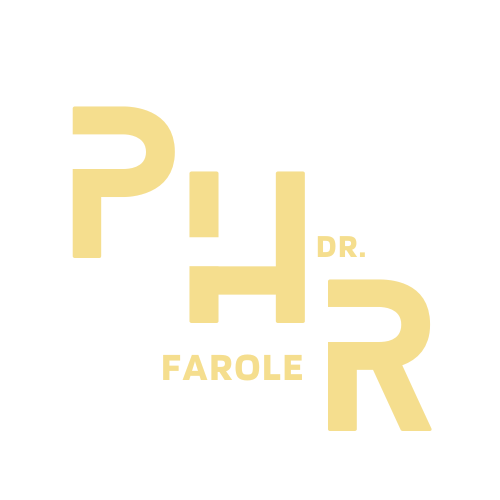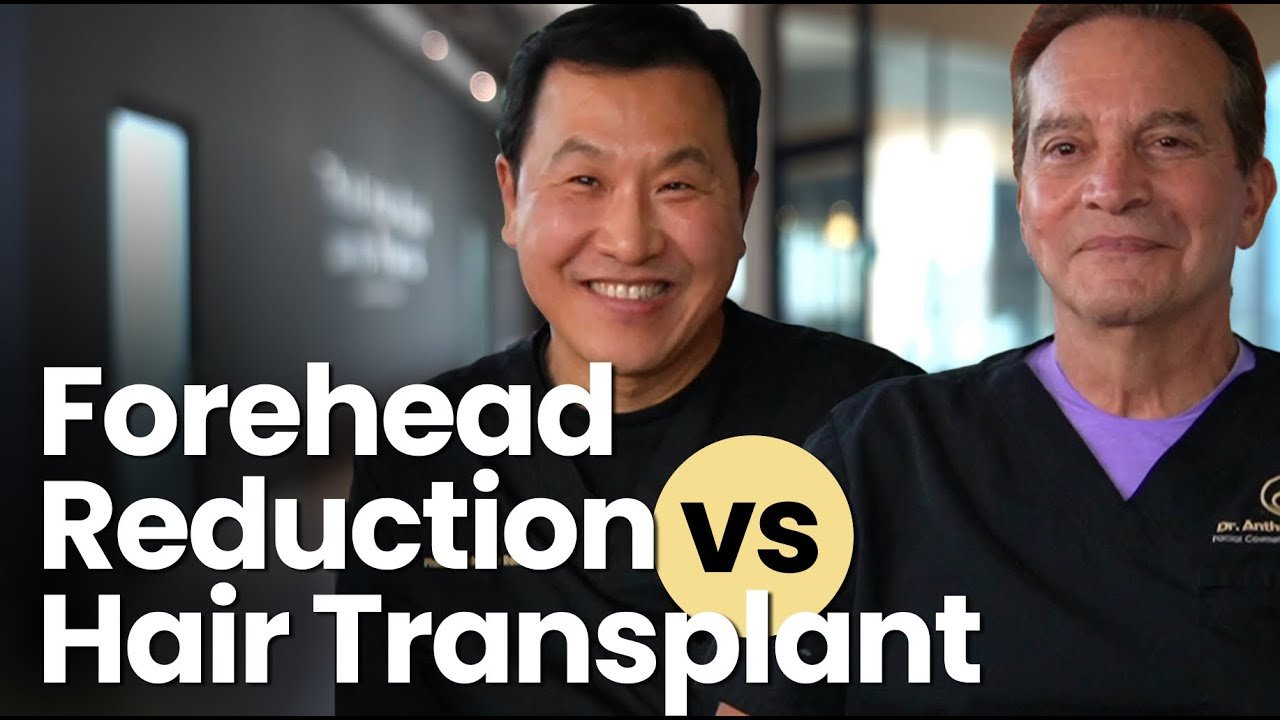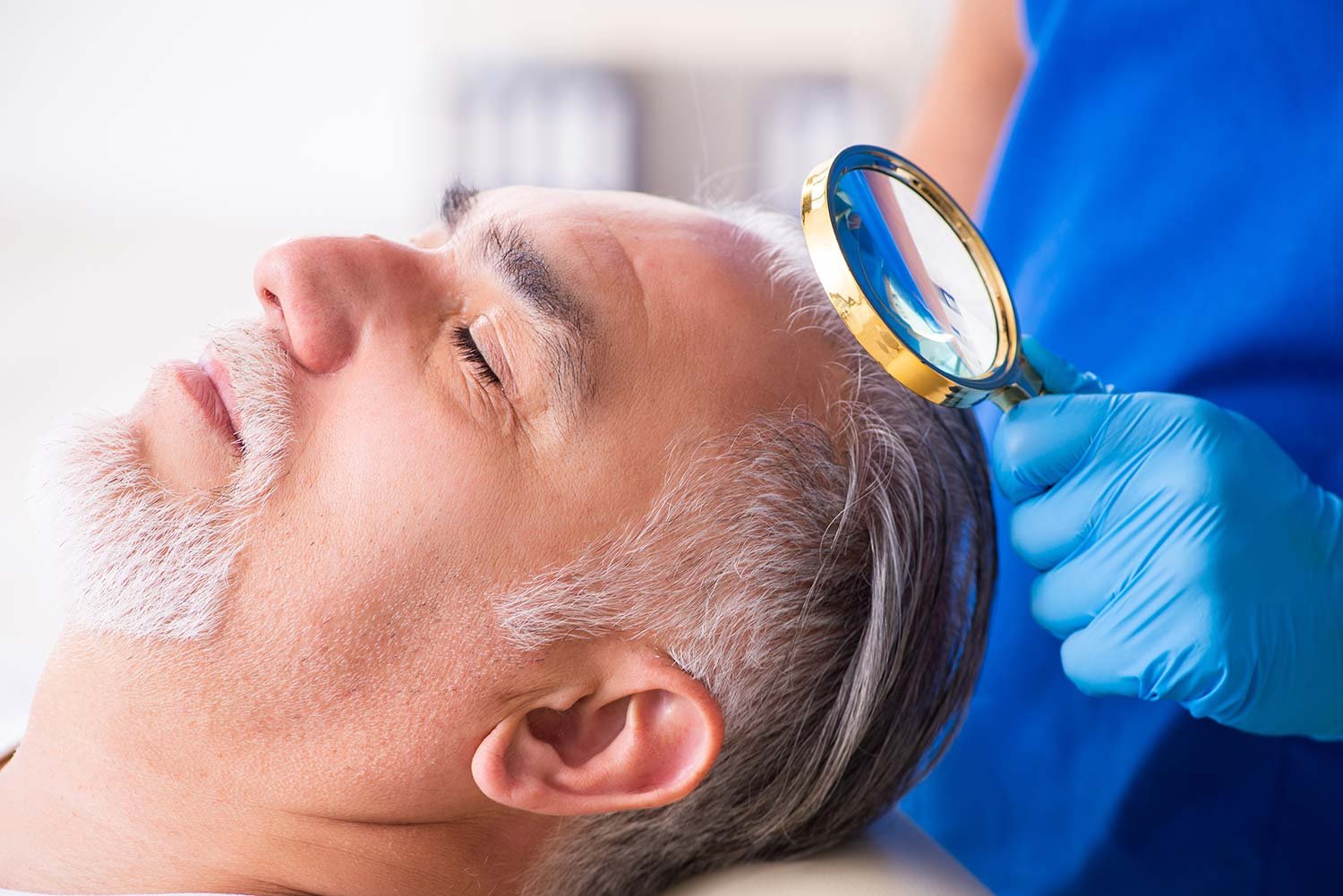Are you wondering if a hair transplant is possible without taking finasteride? Learn about your options and what to consider before making a decision.
Contact us at Philadelphia Hair Restoration today to schedule a consultation for a hair transplant in Philadelphia, PA.
What Is Finasteride & How Does It Work?
Finasteride is a medication that blocks hormonal changes from testosterone to DHT, which causes hair loss. By inhibiting the conversion of testosterone into DHT, finasteride helps to reduce hair thinning and prevent further hair loss. This makes it a popular choice for treating male pattern baldness, promoting healthier hair growth, and maintaining a fuller, thicker appearance over time.
Is It Possible To Have A Hair Transplant Without Taking Finasteride?
Yes, you can have a hair transplant without using finasteride. The hair we use from the back of your head is genetically permanent hair. No matter what, after the hair transplant, this hair will grow.
Finasteride is more for preserving your other native, existing hairs. By taking finasteride, you can maintain and protect your pre-existing hair from shedding and further male pattern hair loss. It is important to protect your native hair to maintain full density after surgery.
Reasons Why Some Patients Choose Not To Take Finasteride
Side Effects
There are some reasons why a patient might choose not to take finasteride. The primary reason is often concern about sexual dysfunction. Sexual dysfunction can occur in certain males who take finasteride, but we’ve also interviewed many male patients who do not experience this side effect at all.
Those who might be affected with some degree of impotence or difficulty achieving an erection, for example, are unpredictable. However, as we mentioned, the majority of males we’ve spoken with do not experience sexual dysfunction.
Personal Preferences
Some patients simply prefer not to take medication for hair loss. Since finasteride is not mandatory for a hair transplant, individuals may opt out of using it based on their personal comfort level.
Doctor Recommendation
In some cases, doctors may advise against finasteride for specific patients. For example, pregnant or nursing women are generally not prescribed finasteride due to potential hormonal effects. Additionally, individuals with certain health conditions may be advised to avoid it.
Are Hair Transplants Still Successful Without Finasteride?
Yes, they are very successful. We achieve excellent results even without finasteride. This is because transplanted hair is genetically permanent. As long as everything goes well, including the surgical process and post-operative care, the transplanted hair will grow permanently.
Ensuring Long-Term Results From Your Hair Transplant
Follow Post-Op Care Instructions
So, how can we ensure long-lasting results after hair transplantation? Really, you just live your normal life. There isn’t anything particularly special you need to do after a hair transplant, with the exception of a few recommendations.
For example, finasteride can help decrease hair loss in your native hair by blocking hormones responsible for the shedding process. However, taking finasteride is a personal choice. Some people achieve good permanence of their hair without taking any supplements at all.
The Role of Vitamins in Hair Transplant Longevity
There is no strong scientific evidence to suggest that taking hair vitamins has a significant effect. While there are many hair vitamins available on the market, we often feel good about taking them because we think they supplement the hair follicles and make them healthier.
In fact, if someone has a deficiency in certain vitamins, they may experience hair loss. Supplementing these vitamins is perfectly fine and can help. Taking vitamins is never a bad idea, as long as there’s no risk of toxicity.
Avoid Harsh Hair Treatments
While transplanted hair is permanent, it’s still important to take care of your hair to maintain overall health. Avoiding excessive heat styling, chemical treatments, and harsh hair products can help prevent unnecessary damage.
Minimize Stress
Stress can contribute to hair shedding and overall hair health issues. Maintaining a balanced lifestyle with stress management techniques can be beneficial for long-term hair health.
For example, B vitamins, such as biotin, are well-known to support hair growth and even nail growth. If you start taking biotin, one area where you’ll notice the effects is in your fingernails, which, like hair follicles, are of ectodermal origin. Supportive vitamins can be beneficial across the board for overall hair health.
Schedule a Consultation at Philadelphia Hair Restoration Today
Philadelphia Hair Restoration provides high-quality hair restoration solutions with a team led by experienced professionals like Dr. Farole and Dr. Nam. With a strong reputation for personalized care and advanced techniques, we help patients achieve natural, lasting results.
Schedule a consultation at Philadelphia Hair Restoration today.



